Rising Star
Tuesday, September 24, 2024 / Online

Although Lakehead grad Jamie Klomp spent over 15 years working in human resources (HR)—not a profession known for its lightheartedness—Jamie’s idols have always been Laurel and Hardy.
His appreciation for humour has come in handy since 2020 when Jamie left human resources behind to host and produce the talk show-style program Kinz and Klomp with Mark Kinsman. The duo promotes community events and local businesses, fundraises for charities, spotlights Northern Ontarians, and puts smiles on people’s faces.
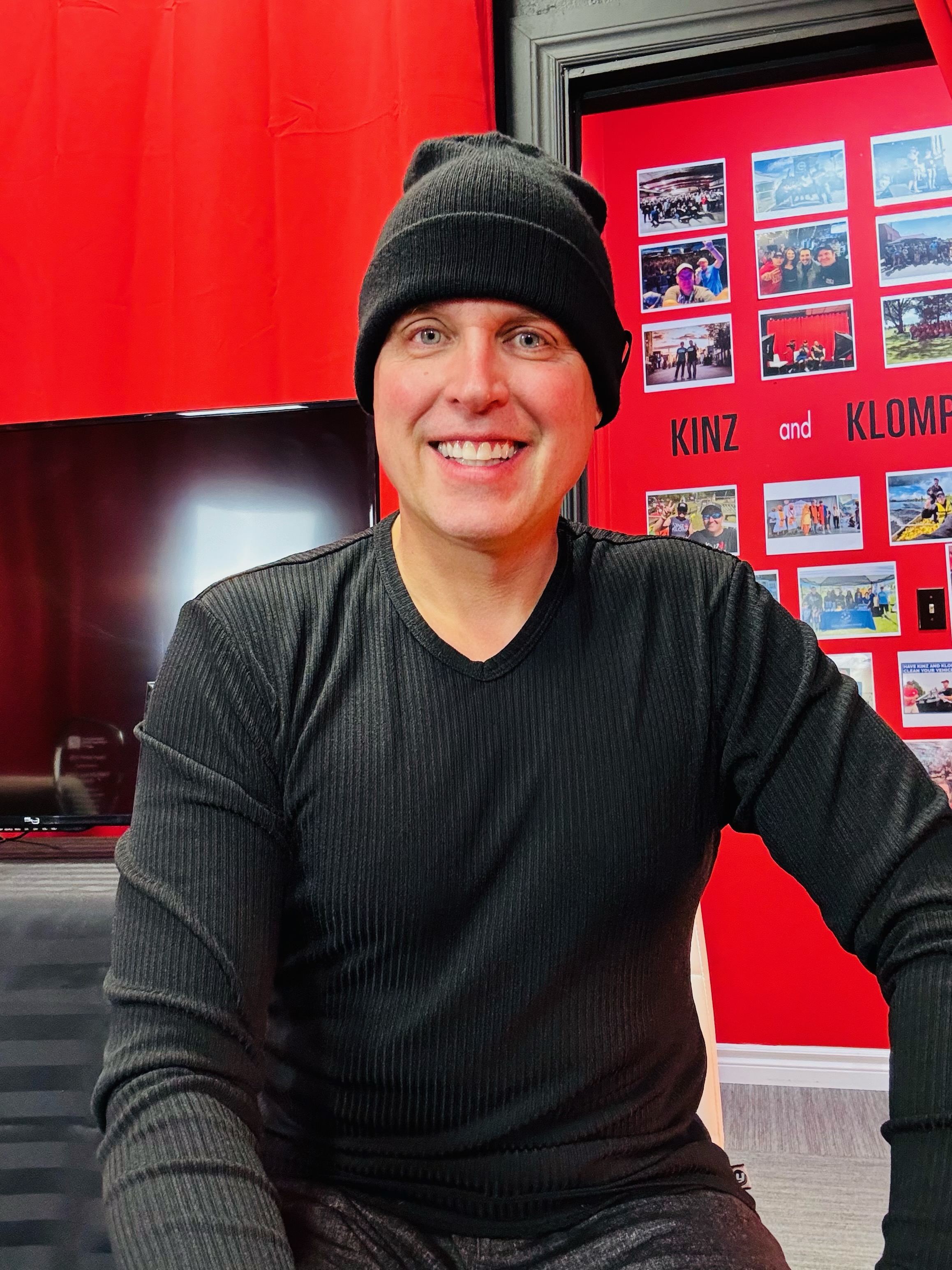 Jamie pictured right: As one of the Kinz and Klomp hosts, Jamie works 15-16 hours a day and meets a huge variety of people. “I’ve always been passionate about people,” Jamie says, “where they came from, what they believe, what they’re rooted in. That’s what drew me to the study of sociology.”
Jamie pictured right: As one of the Kinz and Klomp hosts, Jamie works 15-16 hours a day and meets a huge variety of people. “I’ve always been passionate about people,” Jamie says, “where they came from, what they believe, what they’re rooted in. That’s what drew me to the study of sociology.”
Kinz and Klomp, which is broadcast out of Timmins, Ontario, has grown to 13,000 followers and reaches an audience of 100,000 every week.
“We use a software that allows us to simulcast our show across our social platforms—Facebook, YouTube, Instagram, Twitch, X, and TikTok,” Jamie says.
“We do a lot of slapstick comedy—Mark is the straight man. It’s always positive, lighthearted, and based on audience engagement. We’ve had everyone on the show from the cast of the Degrassi tv show, to Premier Doug Ford, to new business owners.”
After graduating from Lakehead in 2002 with a Bachelor of Arts in Sociology, Jamie completed a Human Resources Management Certificate at Confederation College while working full time in Thunder Bay group homes assisting people with mental or physical disabilities. “I also had a new baby and had just purchased a home,” Jamie says. “It was exhausting.”
After receiving his certificate, Jamie was immediately hired as an HR manager at a TNS Canadian Facts call centre. He stayed with the centre until it closed three years later and then moved to Timmins, Ontario, where he worked in human resources at a mine followed by a pulp and paper mill, a construction firm, Bombardier, and Northern College.
Jamie’s contract with Northern College ended in October 2020—the same time that Mark Kinsman’s job as the morning deejay on KISS radio was eliminated by the station’s parent company.
“I knew Mark casually and asked him about doing a community-oriented podcast while we looked for jobs,” Jamie says. “It was supposed to be a hobby.”
By December 2020, the show had morphed into a video podcast. It underwent its next evolution when a security company paid them $50 to mention a recruitment drive they were having, which resulted in the company hiring three security guards. This prompted Jamie and Mark to create a business plan and begin airing shows four days a week. They needed a bricks-and-mortar space, however, so they entered the Downtown Timmins BIA’s Win this Space contest in 2022 and received a free one-year lease on a studio space.
In the last three years, either through their partners or events of their own, Jamie and Mark have given $600,000 back to the community. For example, raising money so that a seven-year-old boy with Type I diabetes could go to diabetes summer camp.
Their efforts have earned them recognition from the United Way for being an outstanding community partner. In 2022, Kinz and Klomp also became the first web-based show to win the Canadian Mental Health Association’s media award. The CMHA began recommending the show to clients who said that everything on social media was negative.
“It made us realize that we were on the right track and that was nice to hear,” Jamie says. “To give back and make people laugh is our core commission.”
“Kinz and Klomp LIVE often focuses on humanizing homelessness, addictions, and mental health,” said CMHA Cochrane-Timiskaming Executive Director Paul Jalbert in a January 16, 2023, CMHA media release. “These conversations assist in addressing stigma through education and knowledge.”
Jamie and Mark are now dreaming even bigger. “We’d like to see our platform extend across the province and across the country.”
 Click here to check out the Kinz and Klomp show on Facebook.
Click here to check out the Kinz and Klomp show on Facebook.


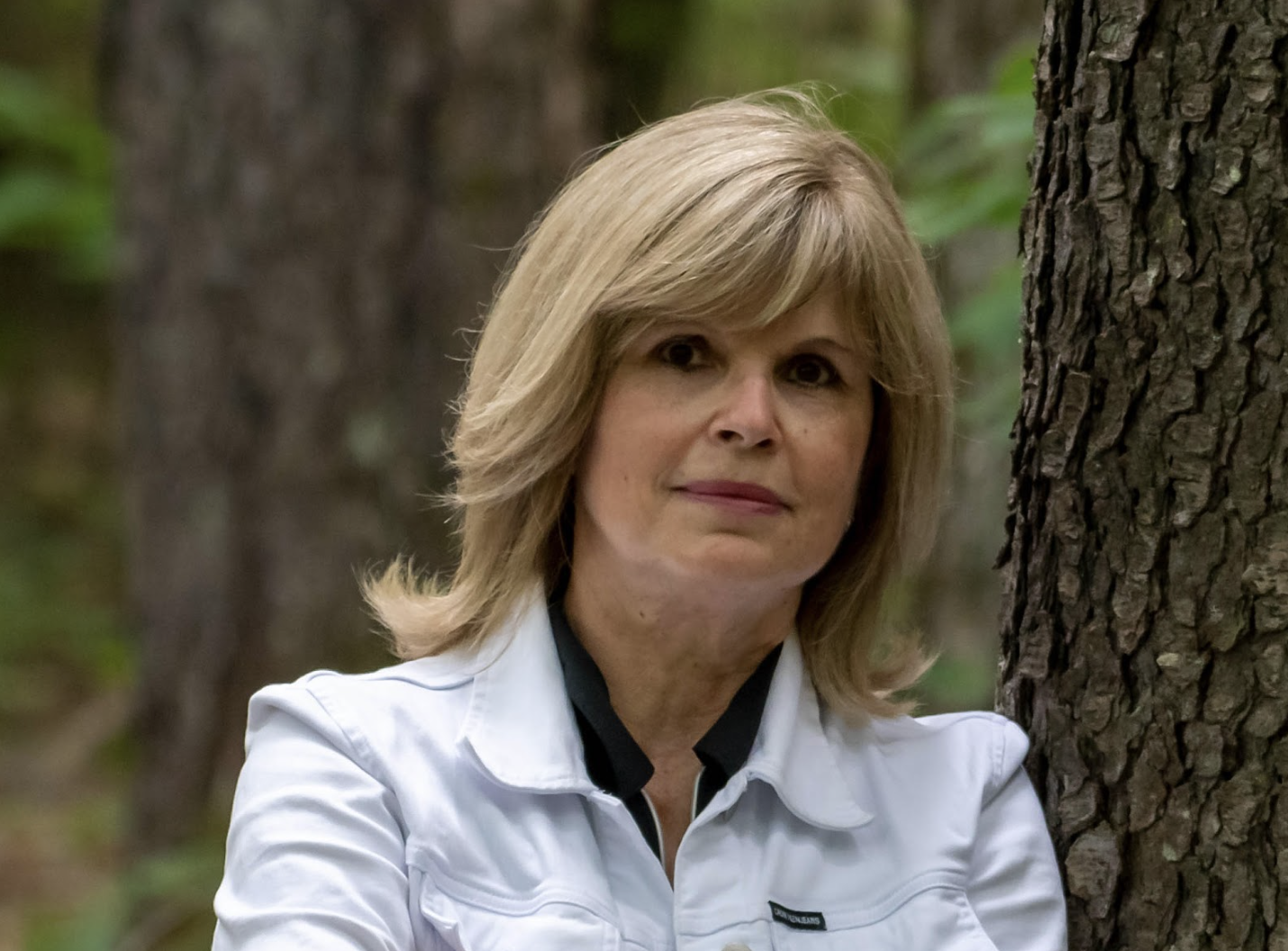
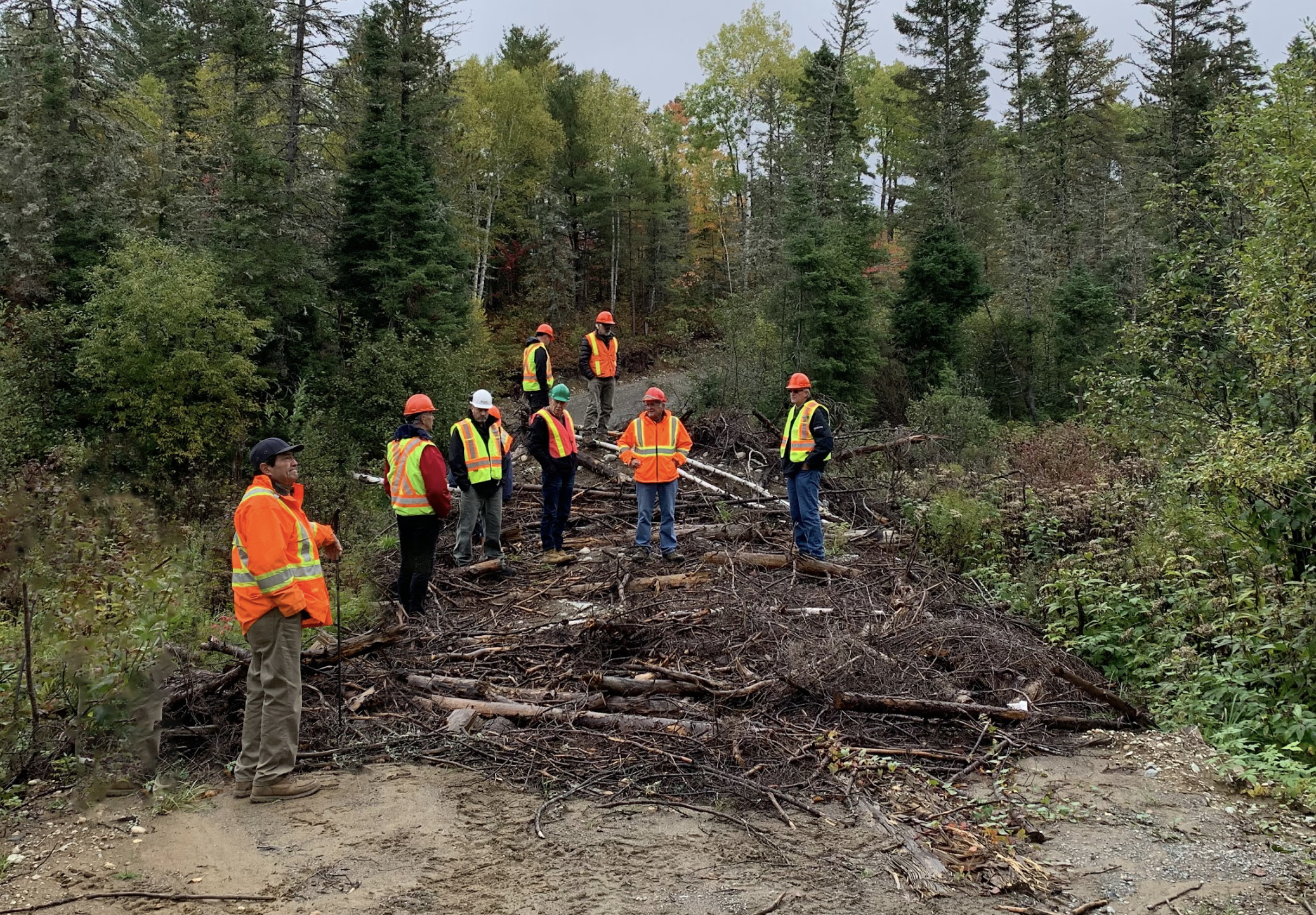
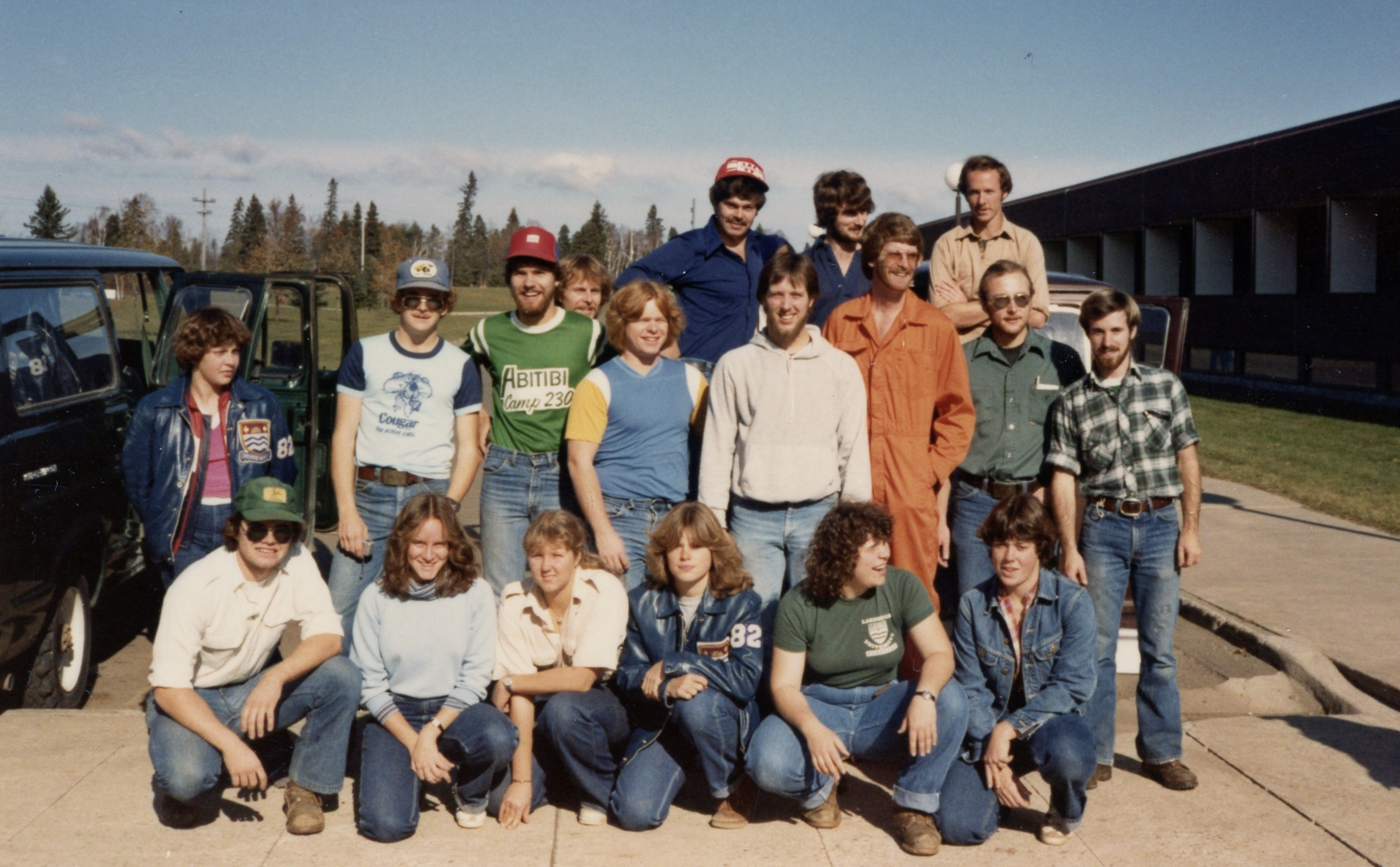



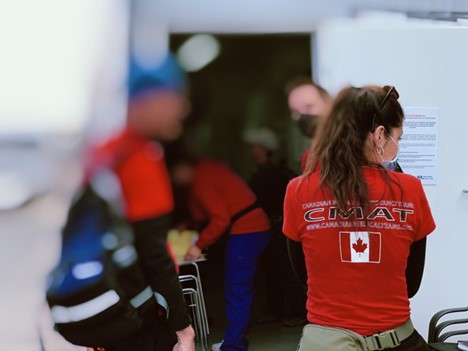
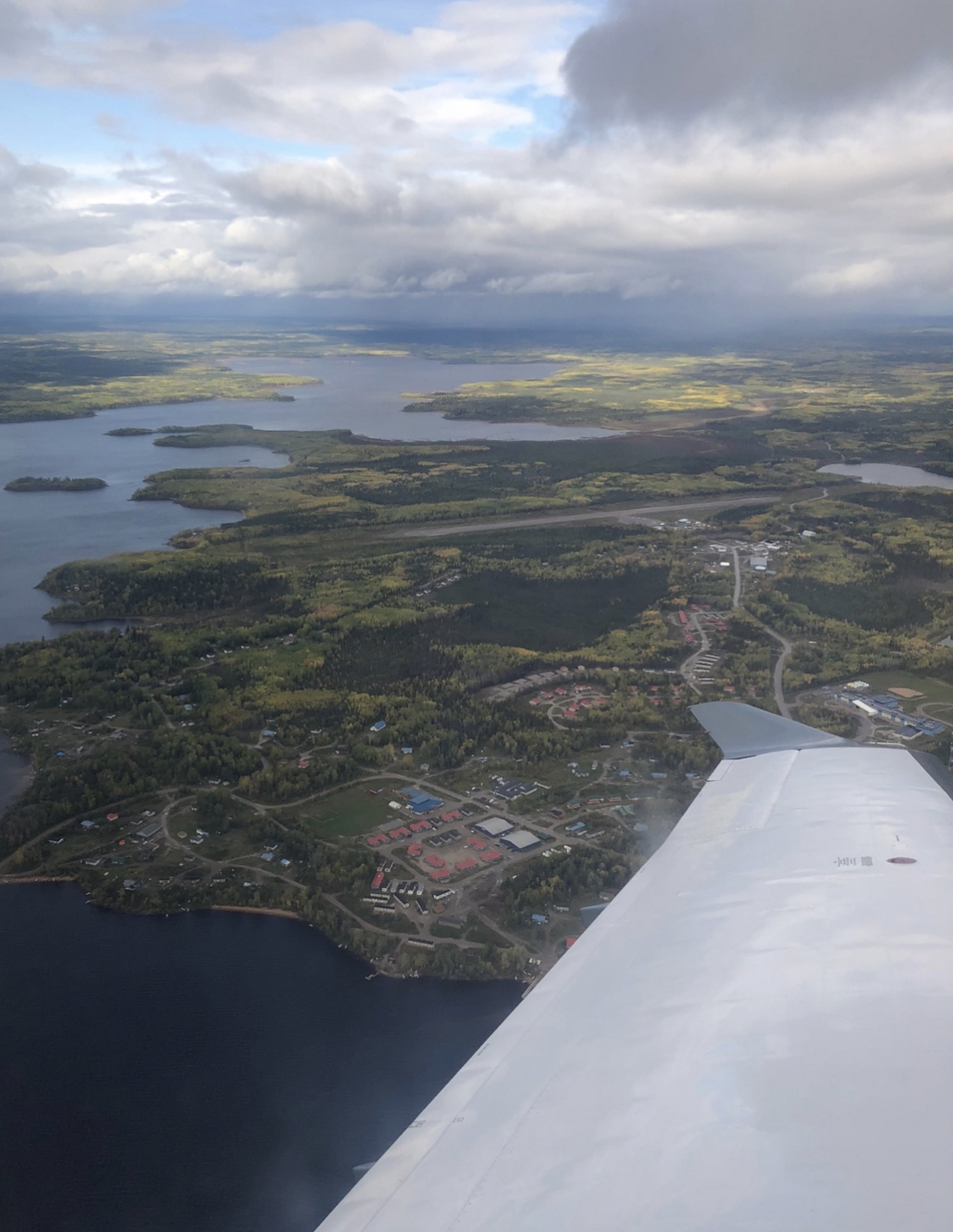
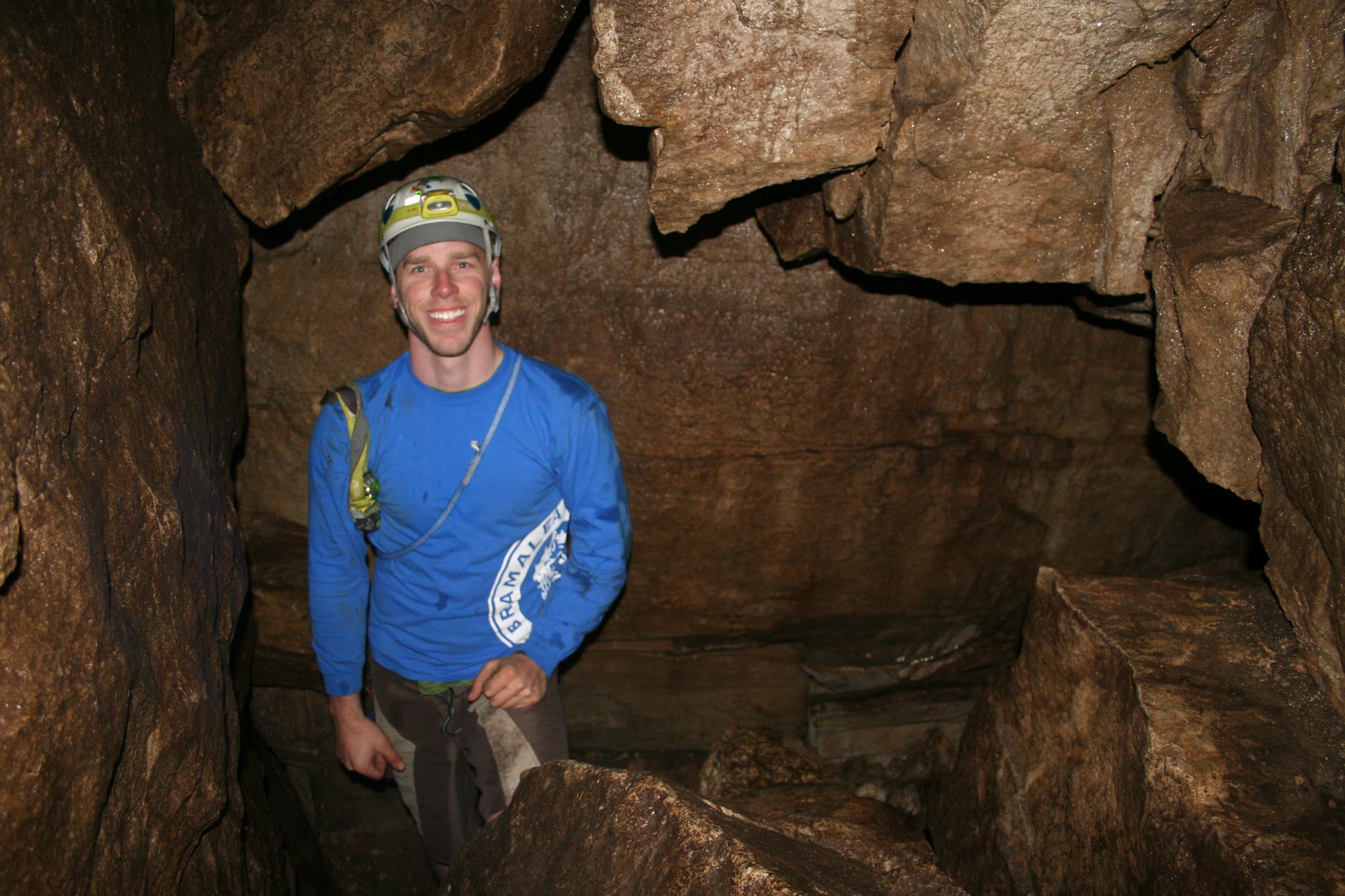
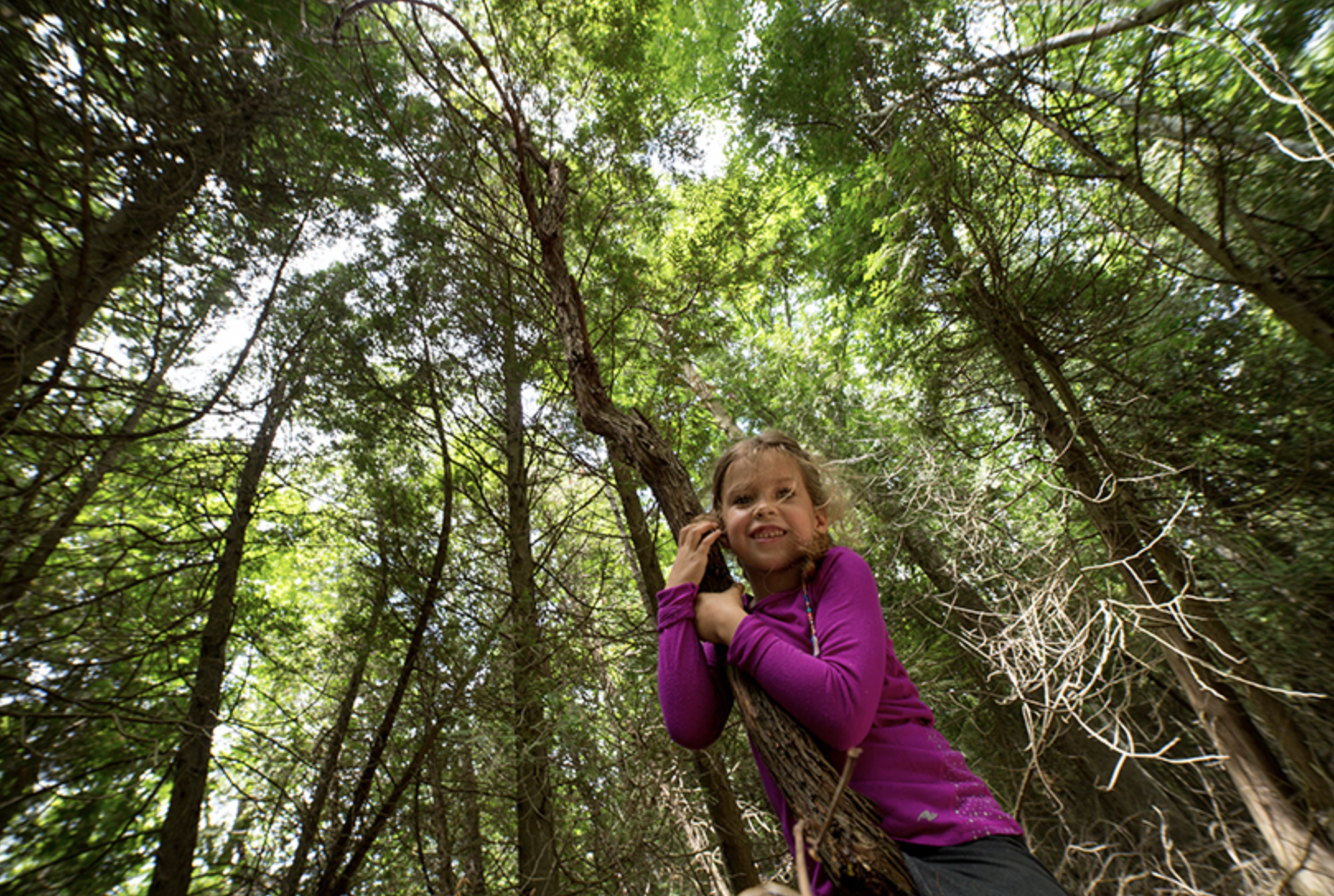
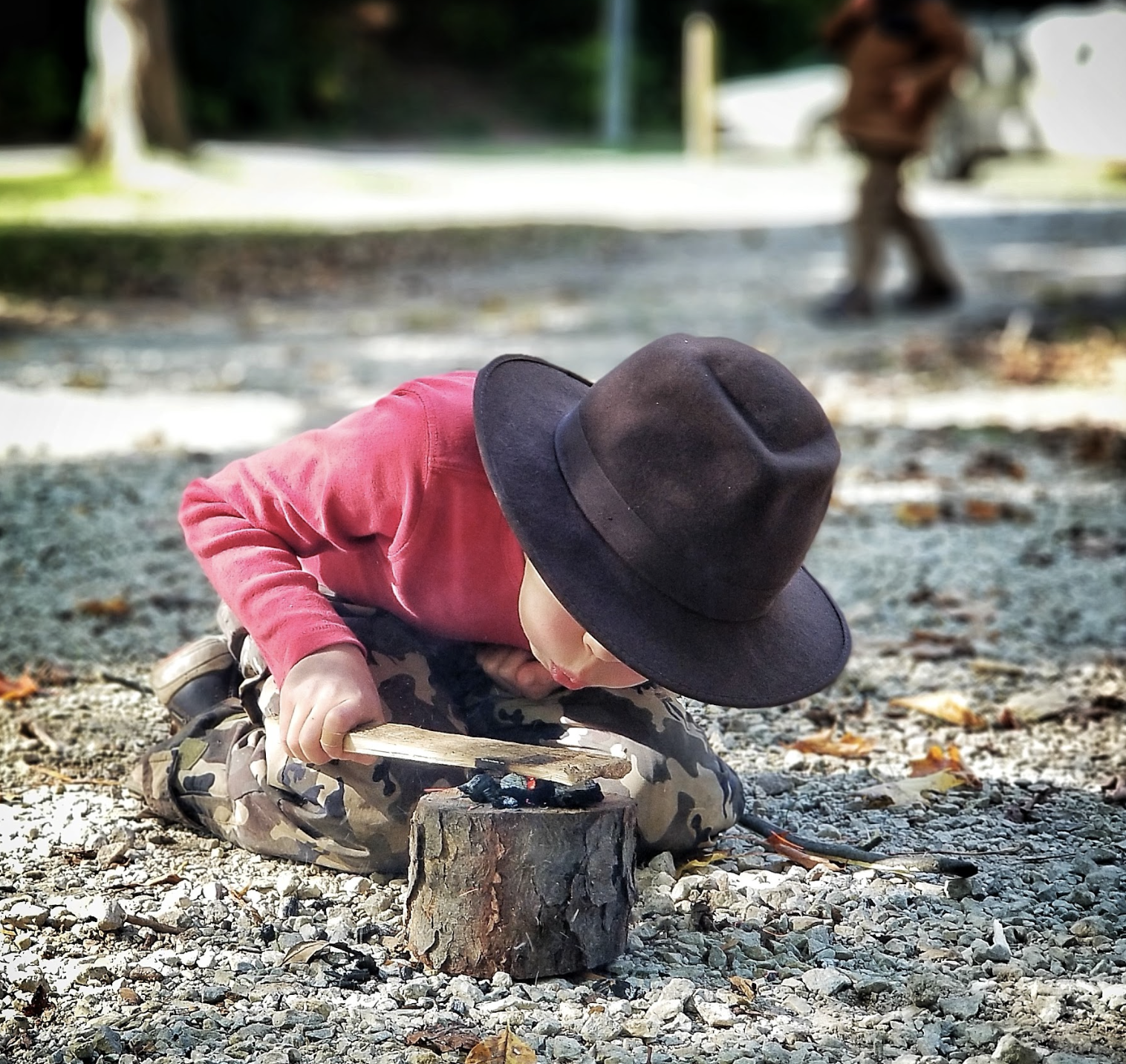 Pictured left: An ALFS student learns how to make a spoon.
Pictured left: An ALFS student learns how to make a spoon.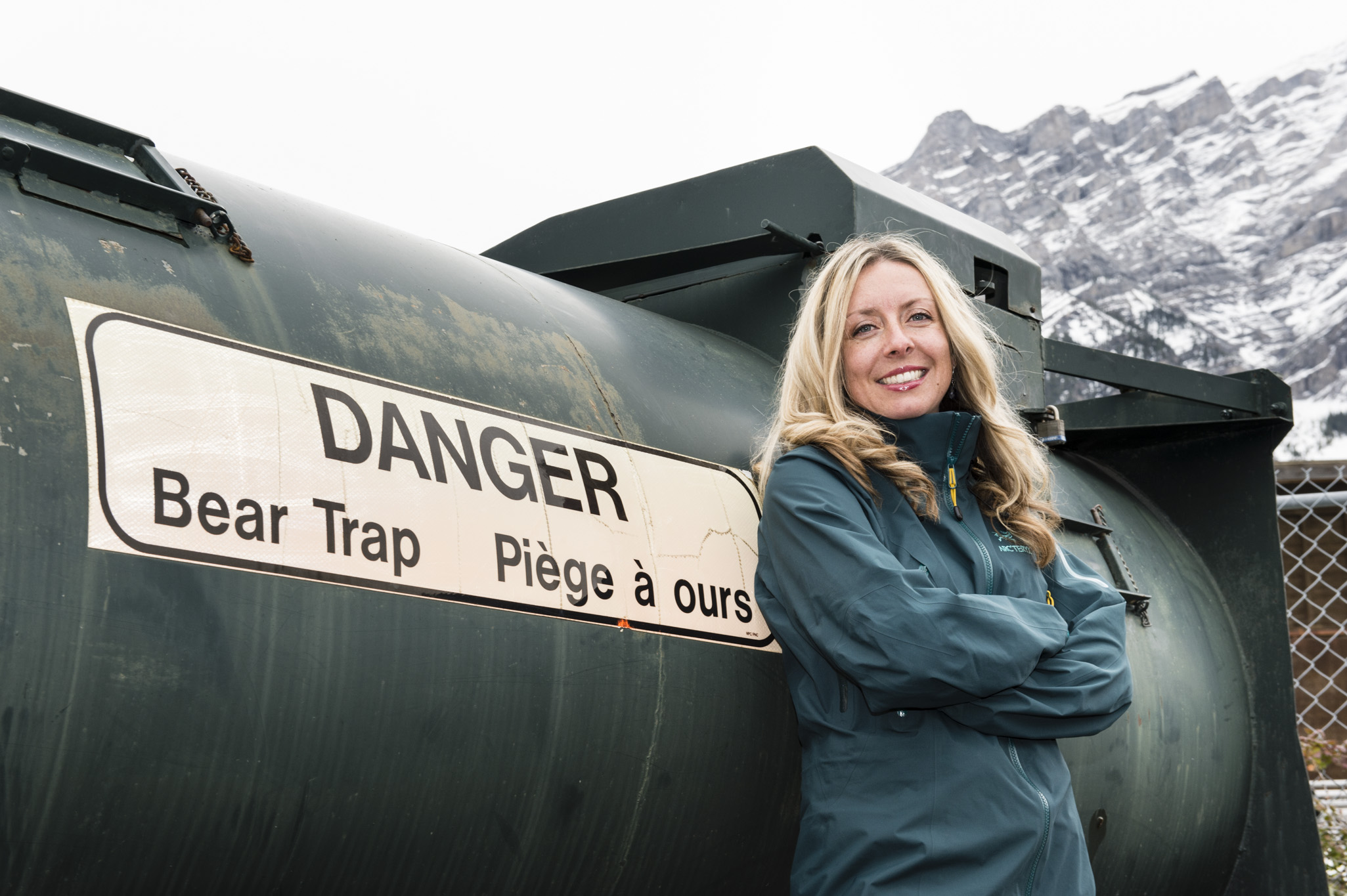
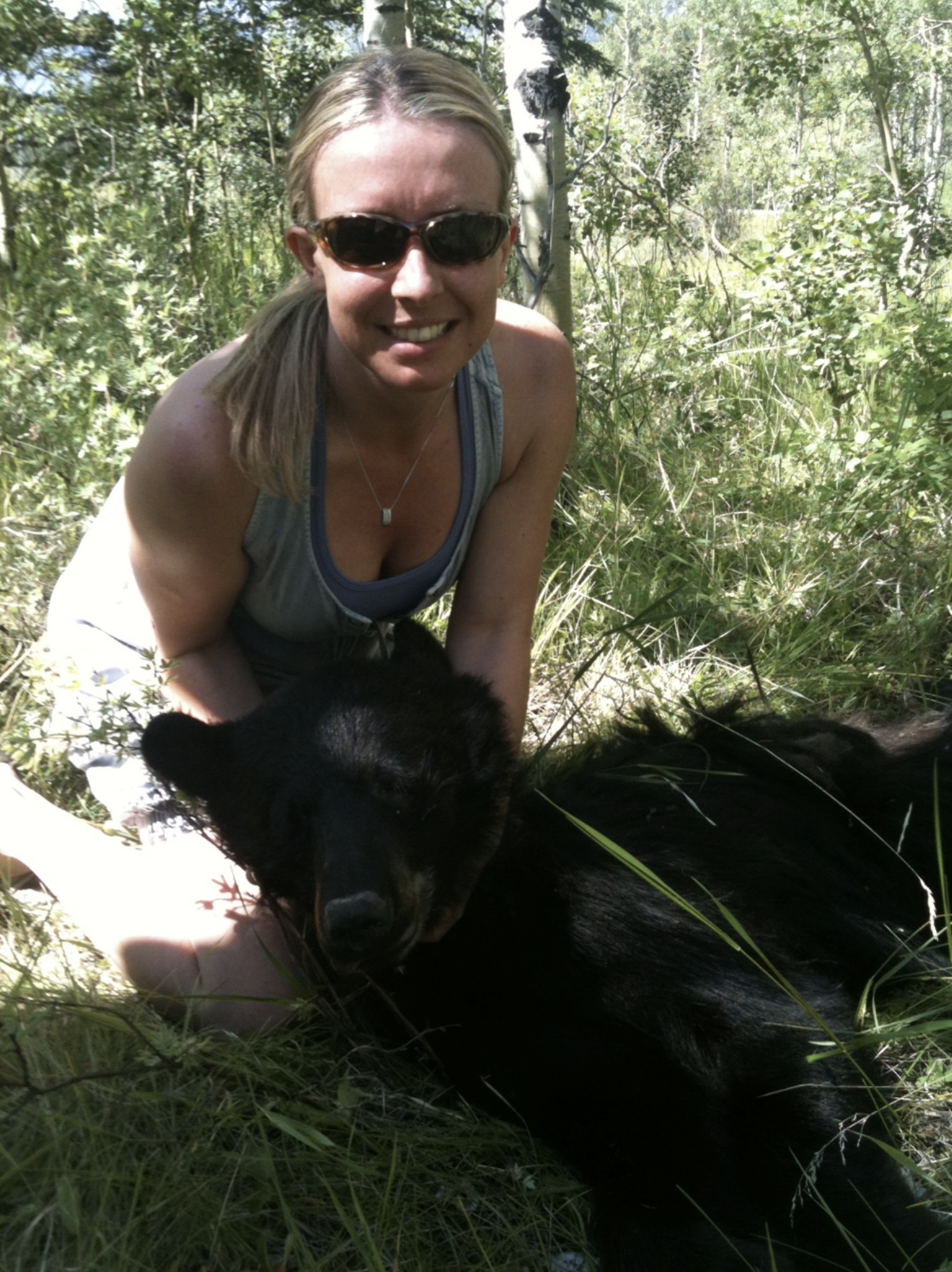
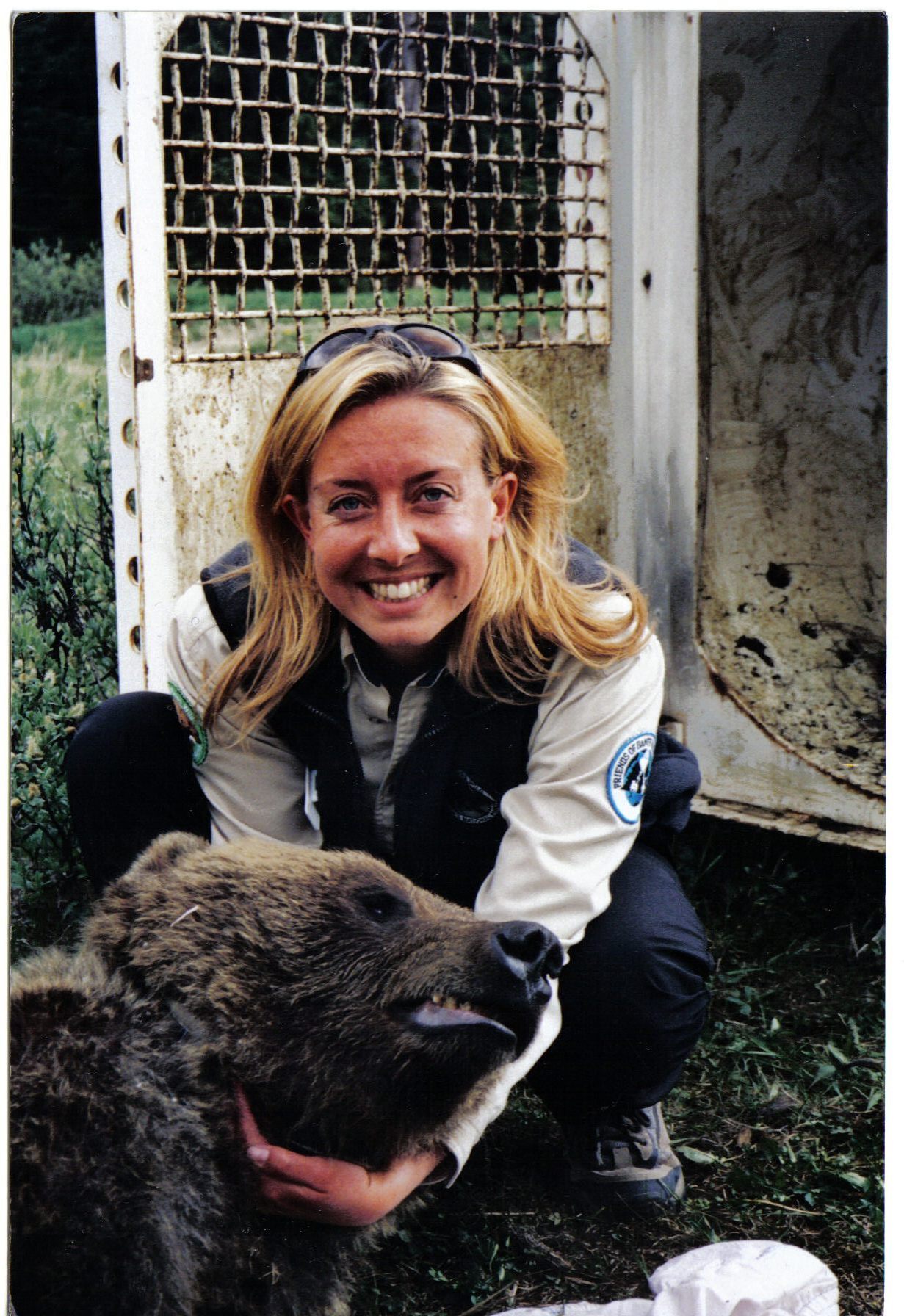

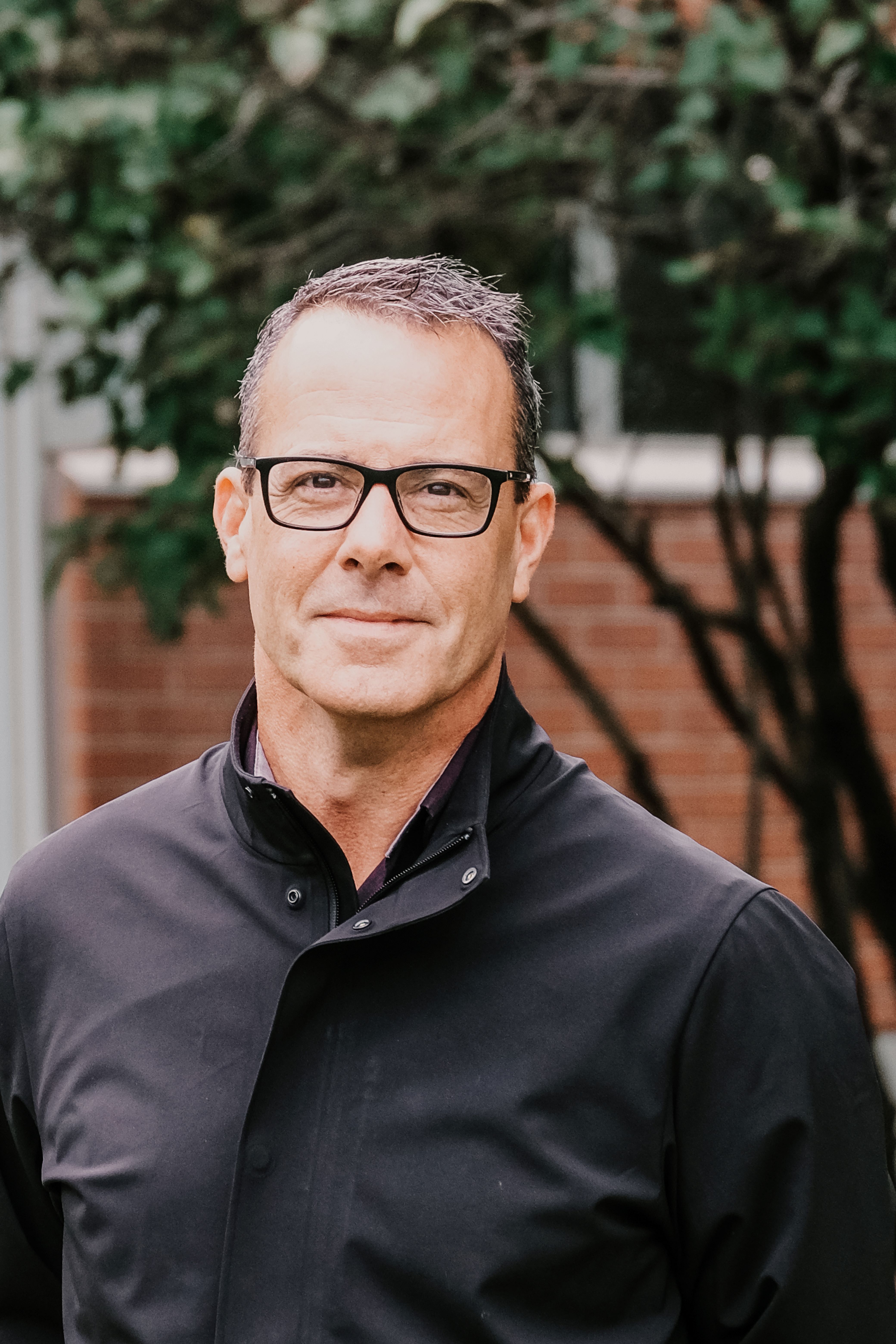
 between pursuing a professional dance career or university studies. She thought she had found a way to do both. She would continue dancing while studying kinesiology at Wilfrid Laurier University, well known for its reputable dance team.
between pursuing a professional dance career or university studies. She thought she had found a way to do both. She would continue dancing while studying kinesiology at Wilfrid Laurier University, well known for its reputable dance team.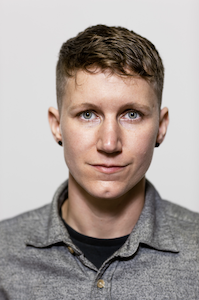
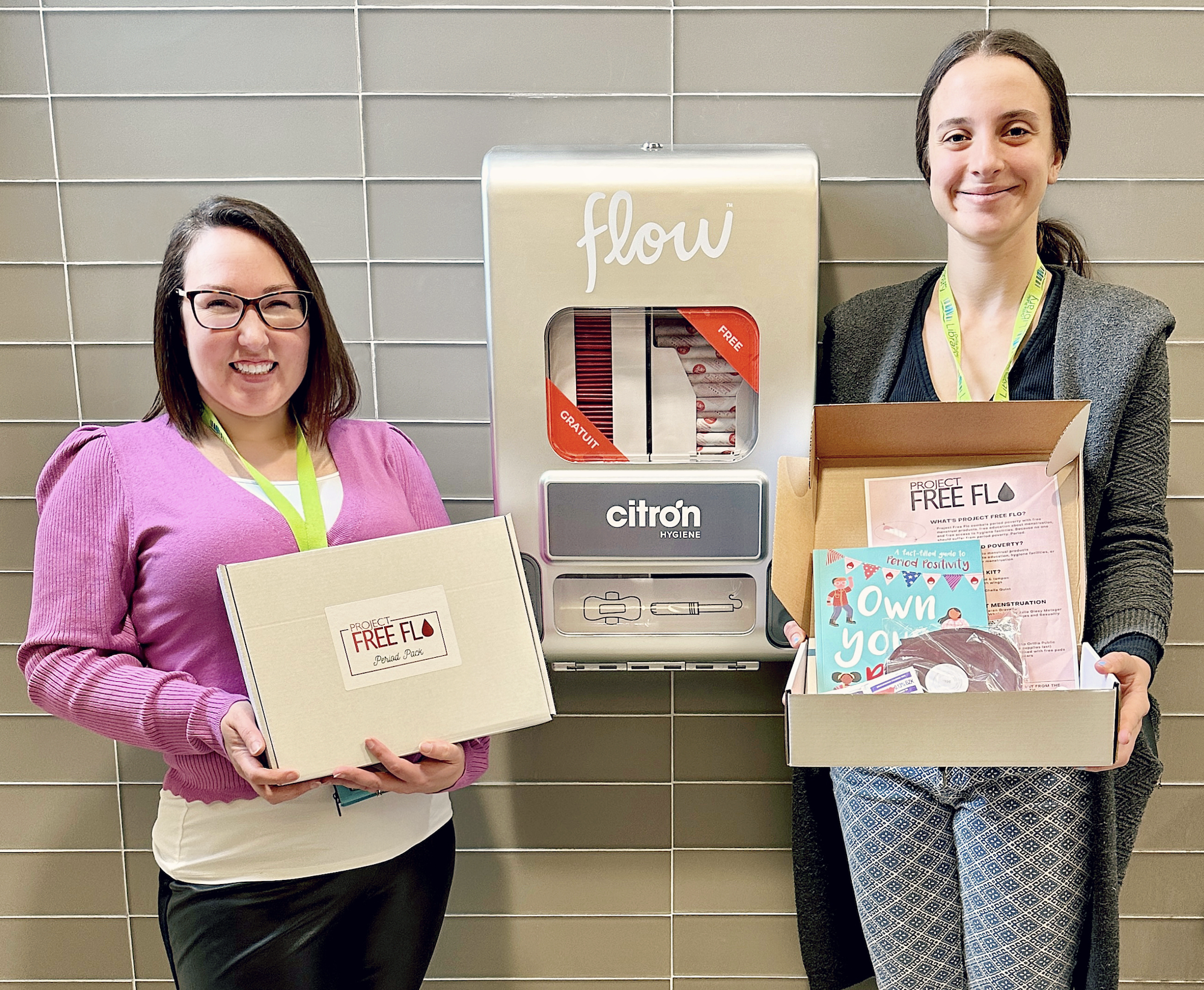 Eden is especially proud of a recent $20,000 grant she and a co-worker secured from the Shoppers Foundation for Women’s Health to combat period poverty. The funding is allowing the library to stock their bathrooms with pads and tampons provided free of charge and to assemble kits containing pads, tampons, and health information that are available at the library and other Orillia locations.
Eden is especially proud of a recent $20,000 grant she and a co-worker secured from the Shoppers Foundation for Women’s Health to combat period poverty. The funding is allowing the library to stock their bathrooms with pads and tampons provided free of charge and to assemble kits containing pads, tampons, and health information that are available at the library and other Orillia locations.

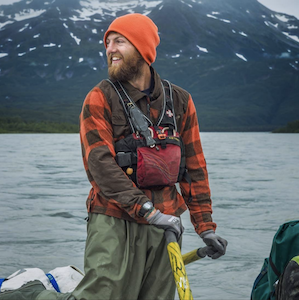 Pictured right: Terry on an expedition.
Pictured right: Terry on an expedition.